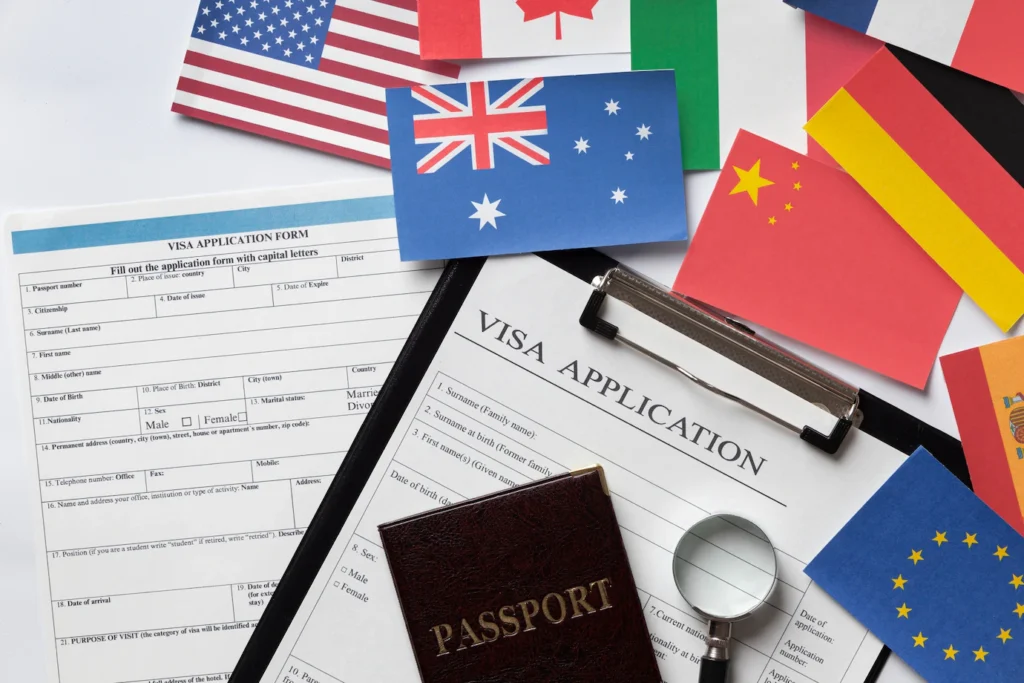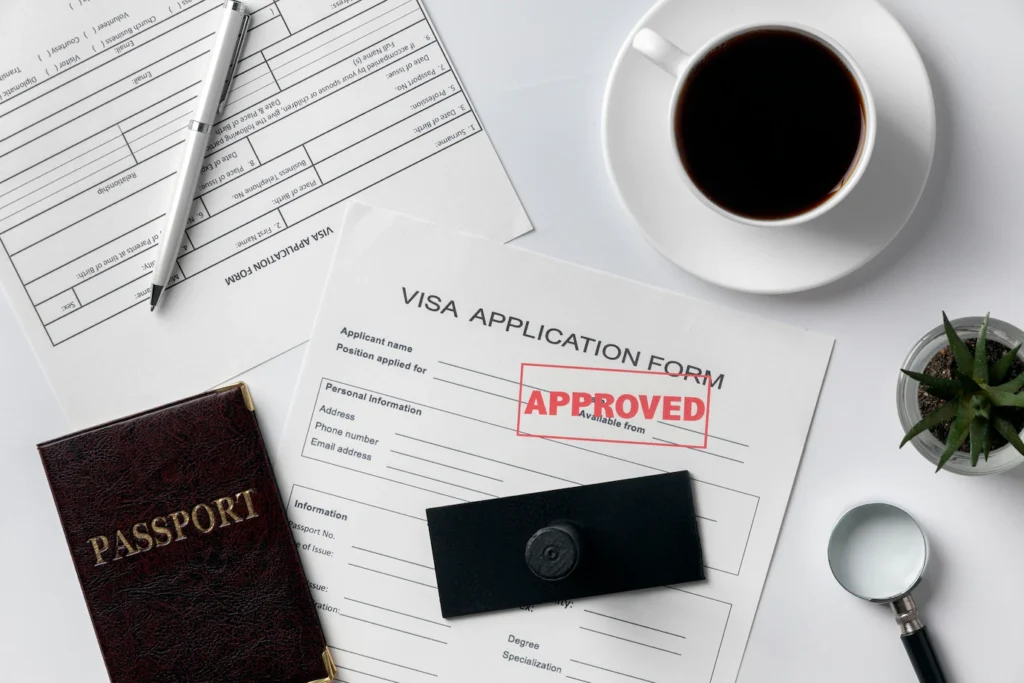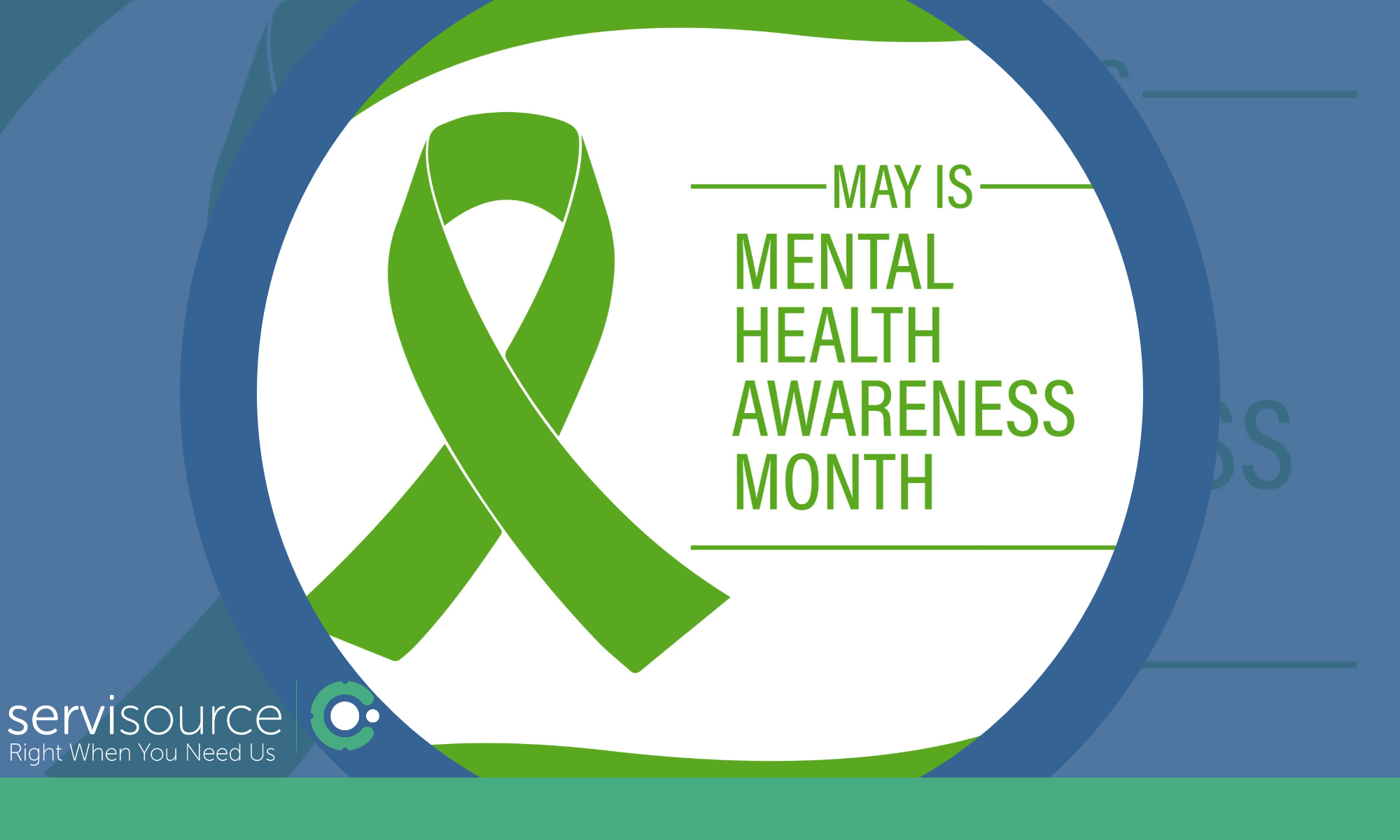International Nursing Opportunities: A Guide to Visas and Work Permits
International nursing opportunities can be an exciting and rewarding option for healthcare practitioners who are looking to explore different cultures, gain valuable work experience, and make a positive impact on global healthcare. They can provide exciting and fulfilling experiences for healthcare professionals looking to expand their skills and knowledge. However, working in a foreign country requires careful planning and adherence to specific visa and work permit requirements. Here’s our guide to help you navigate the process.
Visas and Work Permits:

Employment Sponsorship
Network with international recruitment agencies or directly contact healthcare institutions in your desired country. Some countries may require the employer to sponsor your visa application.

Consult with Immigration Authorities
Contact the immigration department of the country you plan to work in to get accurate and up-to-date information about visa applications and work permits.

Visa Processing Time
Keep in mind that visa processing times can vary significantly between countries. It’s essential to apply well in advance to avoid delays and ensure a smooth transition.
Different countries offer various types of visas and work permits. Common types in Ireland include:
At Servisource
Our team offer visa assistance and onboarding help when needed. We even welcome international candidates to Ireland by meeting them at the airport.
Each successful candidate is ready to begin work without administrative issues and can focus on what matters most, their patients.

Contact Form
Contact Form
Other Factors to Consider
International healthcare opportunities provide the chance to explore a new culture while offering unique skills. Before deciding to pursue an international position, several factors should be considered.
1. Healthcare system differences
Familiarise yourself with the healthcare system and practices in the host country. Each country may have unique approaches to patient care and medical protocols. Healthcare delivery can change greatly depending on where you work therefore it is important for healthcare staff to understand how systems vary and how these differences can impact patient care. Some countries may have a stronger emphasis on prevention and wellness, while others may focus more on acute care and treatment. Working in different healthcare systems allows staff to develop a more diverse skillset to benefit each patient.
2. Verify nursing credentials
Before pursuing opportunities, ensure that nursing credentials are valid and recognised in the country in question. Some countries may require additional certifications or qualifications. It may also include submitting documents, such as transcripts or certifications of continuing education. Examples of other credentials needed include: passports, state-issued IDs and nursing licenses. Verifying your credentials demonstrates commitment to delivering quality care and upholding professional standards, vital when working in new and unfamiliar settings.
3. Cultural awareness
Cultural sensitivity is crucial when working in a foreign country. Being open-minded and respectful of different customs and traditions will help to integrate better into the new environment. As a healthcare worker abroad, there are encounters with patients from all walks of life and backgrounds, each with their own unique cultural beliefs and practices. By showing respect for patients’ cultural values, trust is established that helps to provide more effective treatment. Cultural awareness is a vital skill that can make all the difference in delivering quality healthcare to diverse patient populations.
Working as an international nurse can be a life-changing experience, providing you with valuable professional growth and personal development. Thoroughly researching and preparing beforehand will ensure a successful and rewarding international journey.










